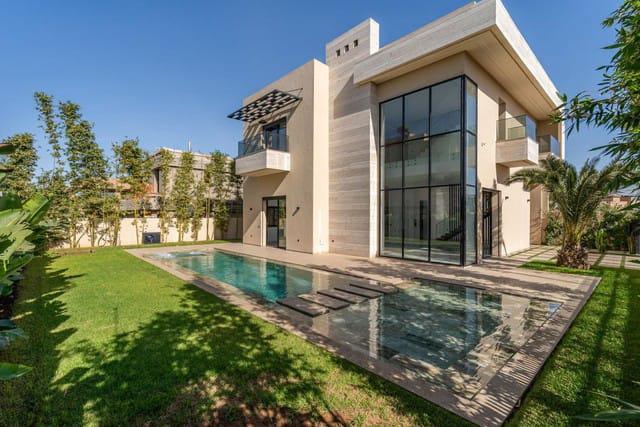560m² terrain construit 497
Une villa domotique sur 2 niveaux de 5 suites et une chambre de personnel ainsi que piscine et Jacuzzi chauffée au prix de 9 500 000dh légèrement négociable.
Sur Golf NORIA

560m² terrain construit 497
Une villa domotique sur 2 niveaux de 5 suites et une chambre de personnel ainsi que piscine et Jacuzzi chauffée au prix de 9 500 000dh légèrement négociable.
Sur Golf NORIA
Browse our exclusive listings or contact our team of experts to help you find the perfect property.
Recevez nos annonces exclusives et nos analyses de marché grâce à notre newsletter.